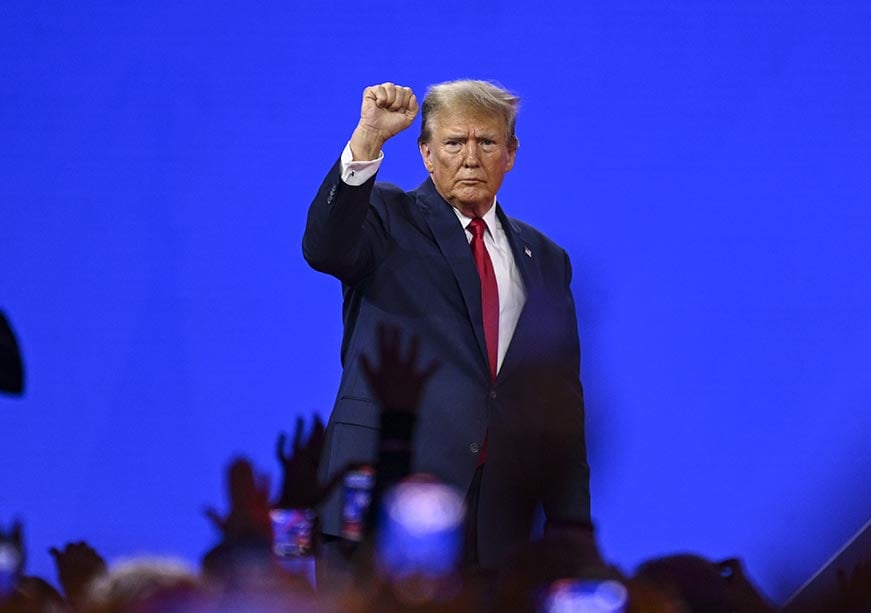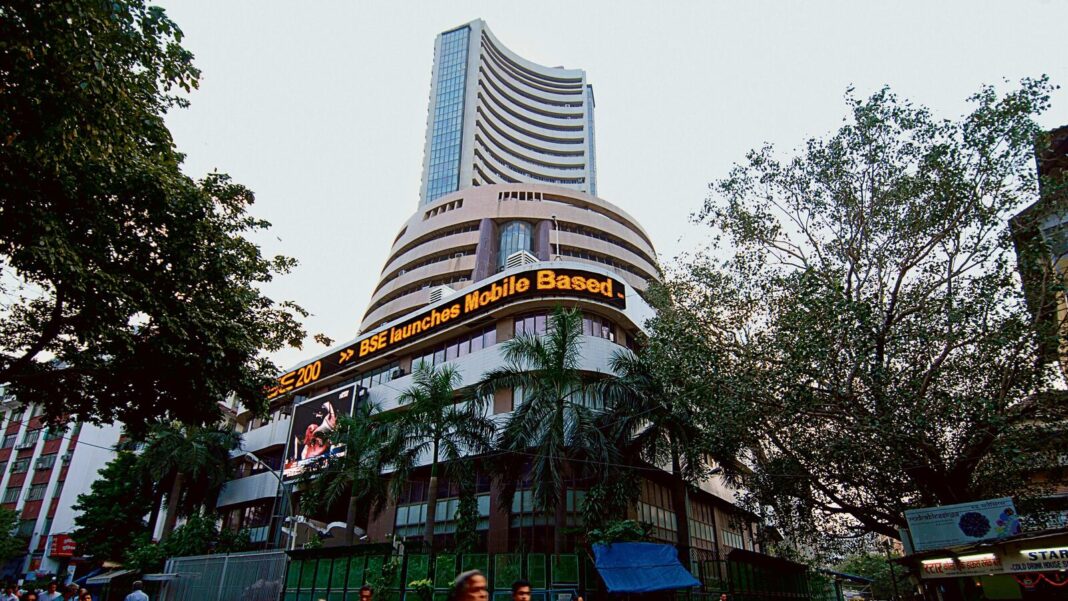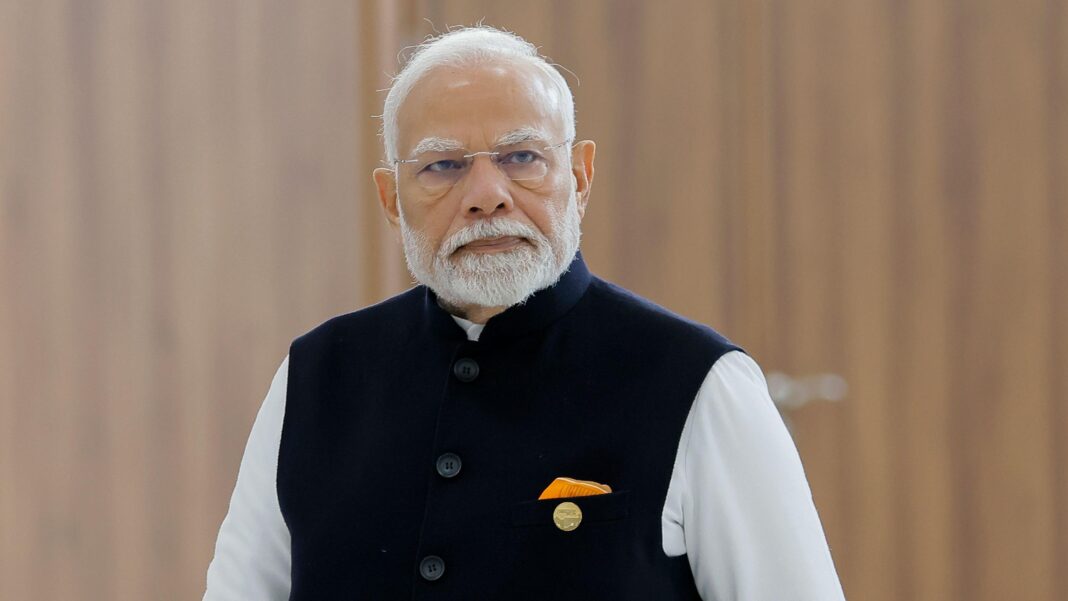Donald Trump slaps fresh tariffs on 14 nations—this headline has quickly dominated international business news. Announced on July 8, 2025, the tariffs, ranging from 25% to 40%, are set to take effect on August 1. This bold move, targeting key Asian and African trade partners, marks a significant escalation in U.S. trade policy under Trump’s presidency.
📋 What Did Trump Announce?
Trump posted letters via Truth Social notifying foreign leaders of new reciprocal tariffs:
- 25% tariffs: Japan, South Korea, Malaysia, Kazakhstan, Tunisia
- 30% tariffs: South Africa, Bosnia & Herzegovina
- 32% tariffs: Indonesia
- 35% tariffs: Bangladesh, Serbia
- 36% tariffs: Cambodia, Thailand
- 40% tariffs: Myanmar, Laos
He also indicated flexibility, saying the August 1 deadline “is not 100 per cent firm” and further adjustments may follow
🎯 Why These Tariffs Matter
- Economic impact
- U.S. stock indices slumped—Dow dropped ~422 points, S&P 500 and Nasdaq each fell ~0.8%—on renewed trade war fears
- Focus on trade deficits
- Trump claims trade imbalances threaten national security. He warns countries that raising tariffs would trigger retaliatory increases
- Negotiation leverage
- Despite harsh measures, Trump notes deals with the UK, China, and Vietnam are in place—and that the U.S. is “close to a deal with India”
- Targeted sectors
- Countries with large deficits in garments, electronics, and agriculture face steeper tariffs—a signal to renegotiate trade terms.
🤝 Trade Talks & India Deal
Trump commented, “We’ve made a deal with the United Kingdom, … China, and we’re close to making a deal with India,” tying the tariff move to trade negotiations . Indian Commerce Minister Piyush Goyal emphasized India will only move ahead if farmer protections are intact, and the deadline is flexible wsj
🌍 Global Reactions
- Japan & South Korea acknowledged the 25% tariffs but remain open to negotiation
- Bangladesh’s garment industry expressed alarm at 35% tariffs
- Australia criticized the tariffs, calling them harmful to U.S. interests
- Markets globally bore the brunt—volatility spiked, Asia and Europe reacted cautiously .
⚖️ Legal & Policy Context
These actions follow a precedent: Trump’s 2025 tariffs under the International Emergency Economic Powers Act (IEEPA) were recently paused by a court ruling. Now, Trump’s administration is reviving broad tariffs in a strategic push to reshape U.S. trade dynamics.
🔮 What Comes Next?
- Negotiations intensify: Countries have six weeks to reach deals, or face tariffs on Aug 1.
- U.S. policy shifts: Expect trade-deficit corrections and more country-specific levies.
- Stock markets: Monitor volatility around upcoming trade news.
- India talks: A deal could set a template for other nations—and reshape regional trade norms.
✅ Conclusion
Donald Trump slaps fresh tariffs on 14 nations, marking a pivotal escalation in global trade policy. With tariffs up to 40% targeting Myanmar and Laos and major players like Japan and South Korea facing 25% levies, nations are now under pressure to negotiate. Markets have already reacted, and all eyes are on potential deals with India. As the August 1 deadline looms, this may be just the beginning of Trump’s aggressive trade playbook.



